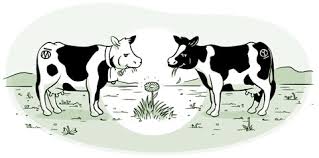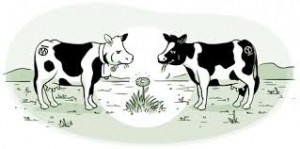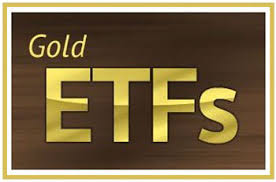‘Property rights’ is an essential ingredient of market economy. When the society fails to define property rights of using resources and doesn’t allow the highest bidder to use them, what results is known as “Tragedy of the commons”. It refers to an inefficient utilization of resources as a result of undefined property rights. The term was first used by G. Hardin who wrote an essay with the same title. The title was inspired by the pamphlet of Oxford economist William Forster Lloyd who had explained in it why the pasture land (a common resource) in England, which was not privately owned, was overgrazed.
He explained in his paper that because the land was not anyone’s private property and was freely available to all, every herder had an incentive to increase the grazing of its herd to the maximum to get highest benefit. This resulted in overgrazing and it damaged the land completely. If someone was given the ownership of the land then, the result would have been different. The main reason behind this phenomenon is that each herder ignores the social cost it is imposing on others whenever it adds another cow for grazing. When one more cow is grazed on the land it reduces the amount available for others. If all the herders ignore this externality, it results in overutilization of resources.
Example of Cleanliness: If someone drops a wrapper of chocolate in the public street does anyone care? No, because the streets are not anybody’s private property. No one has an incentive to clean the street because they can leave it to the sweepers. “If others are not doing then why should I?” This is the attitude of people. Because there is no ownership, there is no incentive to take care. If everyone starts thinking in the same manner then it will result in Tragedy of commons i.e. it will result in dilapidation of public streets.
How can we avoid the ‘tragedy’?
- By well defining property rights: Government or other concerned authorities must define rights over use of public places. Formulating a legal system is essential for avoiding the problem. Other than making it a private property what else could be done is creating rules and regulations. For example a rule that only a fixed number of cows will be grazed on the common land would be beneficial.
- By using penalties: By forming laws and establishing a punishment or fine for those who violate it will also help in eradicating the problem. For example a fine for anyone who throws garbage on the roads.
- Awareness: By making people aware of the consequences of misallocation of resources the level of the problem could be reduced. The ‘Swatch Bharat Abhiyan’ is an example of making people aware of their responsibilities and persuading them to help in cleanliness.
Property rights provide appropriate incentives not only to invest, to save but also to put their resources to the best possible use. For efficient allocation of resources it is required that property rights must be well defined.





31 Comments. Leave new
Nice article
Thanks
good effort..
Thanks
Well explained;)
🙂
this is one of the most interesting topic of micro economics.. n you have written very nicely 🙂
Thanks prachi 🙂
You explained well.. Nice article..
Thanks
Compensation of Social costs and clearly stated definitions of public and private goods are some things in economics that are not being enforced as per the requirements.
Yes! I agree with what you said
Nice topic chosen.
Thanks
Good effort 🙂
Thanks 🙂
Great effort ! 🙂
🙂
Very aptly done! Great work!
Thanks!
That was an interesting topic to choose!
Thank you
informative
Thank you
Property is an important part of everyone’s life. Their should be more detailed and thorough laws about it.
Yes it is!
Very well explained..!
[…] importance of property rights and optimal utilization of resources. (In case you missed it check it here). The essence of the article was that property rights must be well defined. Failure to define the […]
This is an important topic even in social psychology and one of the important topics that effect our lives! Interesting and well written article 🙂
Beautifully explained:)
nice. interesting.